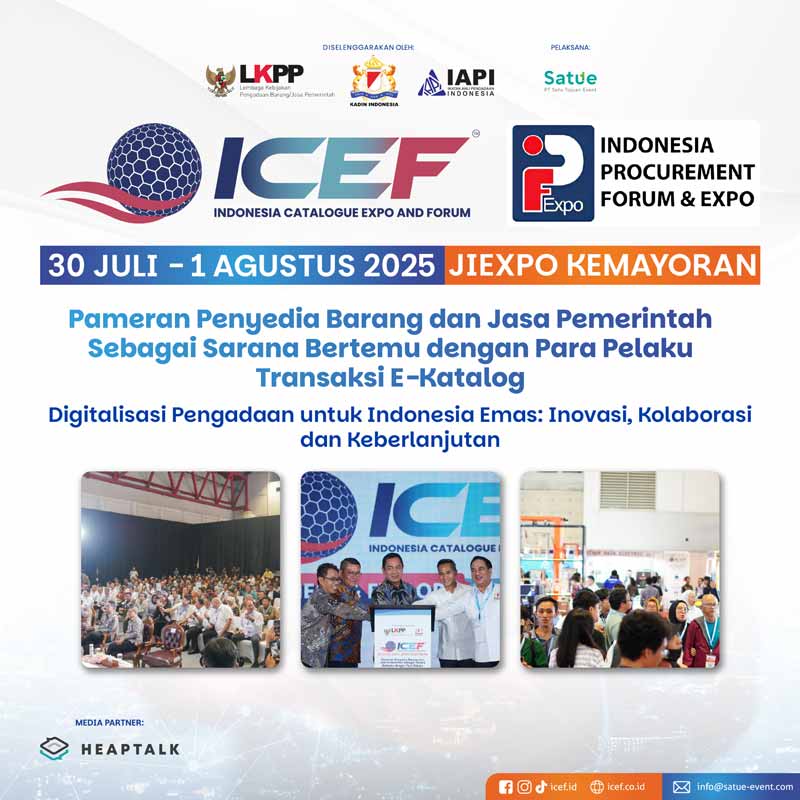Heaptalk, Jakarta — Indonesians held a demonstration in front of the Indonesian House of Representatives (DPR) building on Thursday (08/22) to voice their opposition to the revision of the Regional Head Election (Pilkada) Law.
Responding to this, Nailul Huda, economic analyst from Celios stated that the heated political situation in Indonesia is expected to hinder the country’s economic growth again, as it will make investors reluctant to invest in Indonesia. “The issue of political instability creates economic uncertainty in the future, and investors will be hesitant to enter Indonesia with this economic uncertainty,” said Nailul Huda on Friday (08/23).
The heated political situation in Indonesia is mainly driven by the DPR’s discussion of revising the Pilkada Law, which is suspected of aiming to annul a Constitutional Court (MK) decision. The revision of the Pilkada Law by the DPR is believed to have a specific purpose, namely serving the interests of President Joko Widodo. “The DPR easily changes the law and the Constitutional Court’s decision, indicating that the DPR acts quickly when there is an interest. This shows that if there is no interest, then the legislation will be stalled,” Nailul said.
On the other hand, the high investment costs, or Incremental Capital Output Ratio (ICOR), still appear to be a challenge for the Indonesian government, making investors even more reluctant to invest. He added, “If they want to enter domestic industries, the capital close to the palace must be large. That’s why our ICOR is also high.”
As a result, investors need significant capital to present their aspirations to the government and the DPR regarding their interests. This practice makes doing business very expensive, especially if competitors already have influence in parliament and do not have sufficient capital strength. “Competition becomes unhealthy for business,” Nailul concluded.














